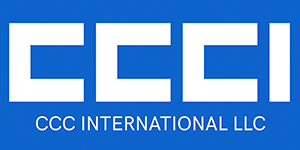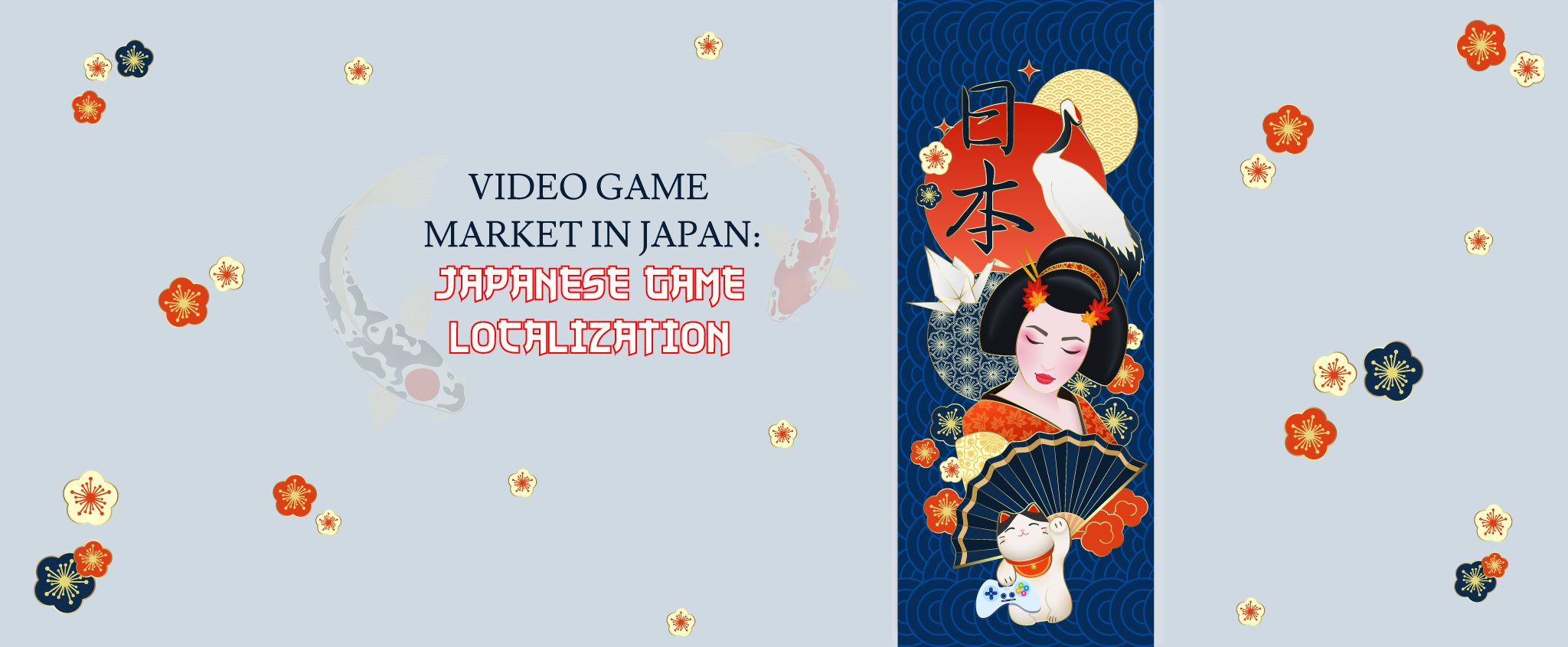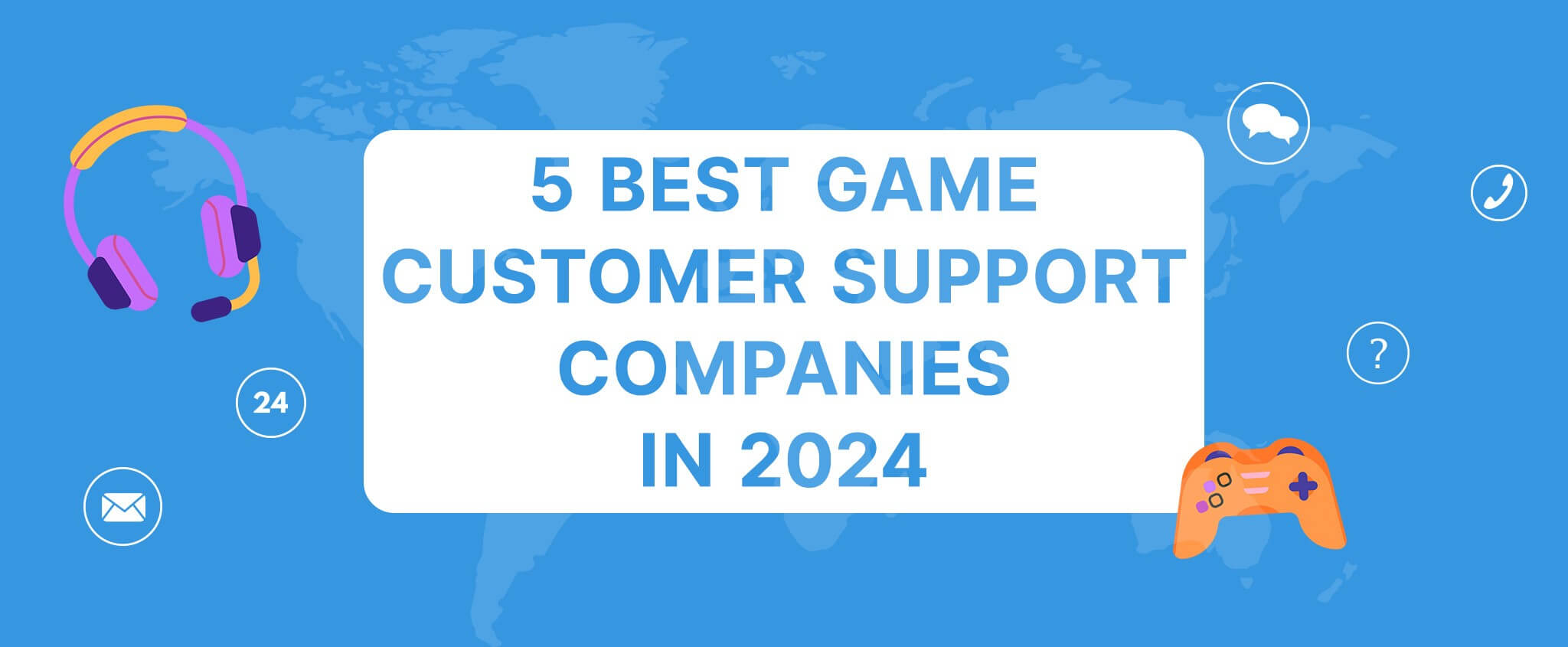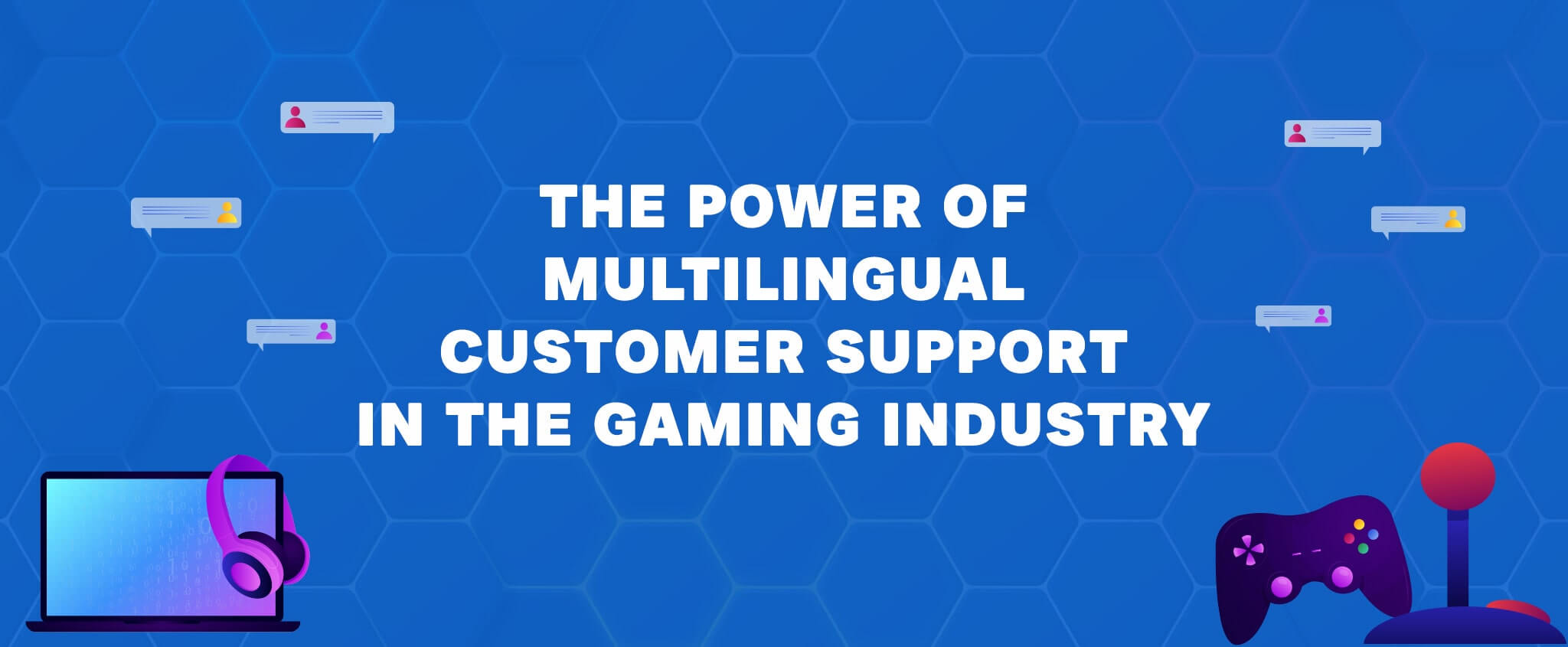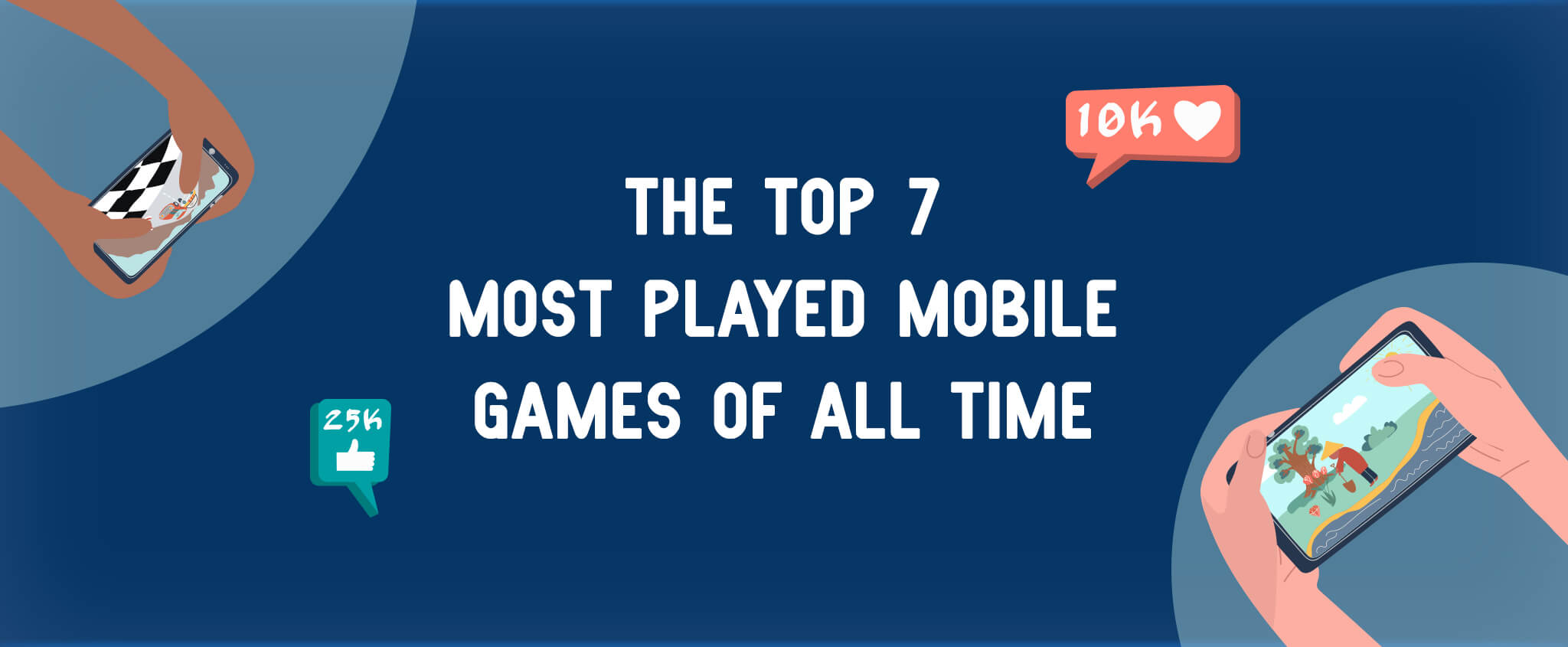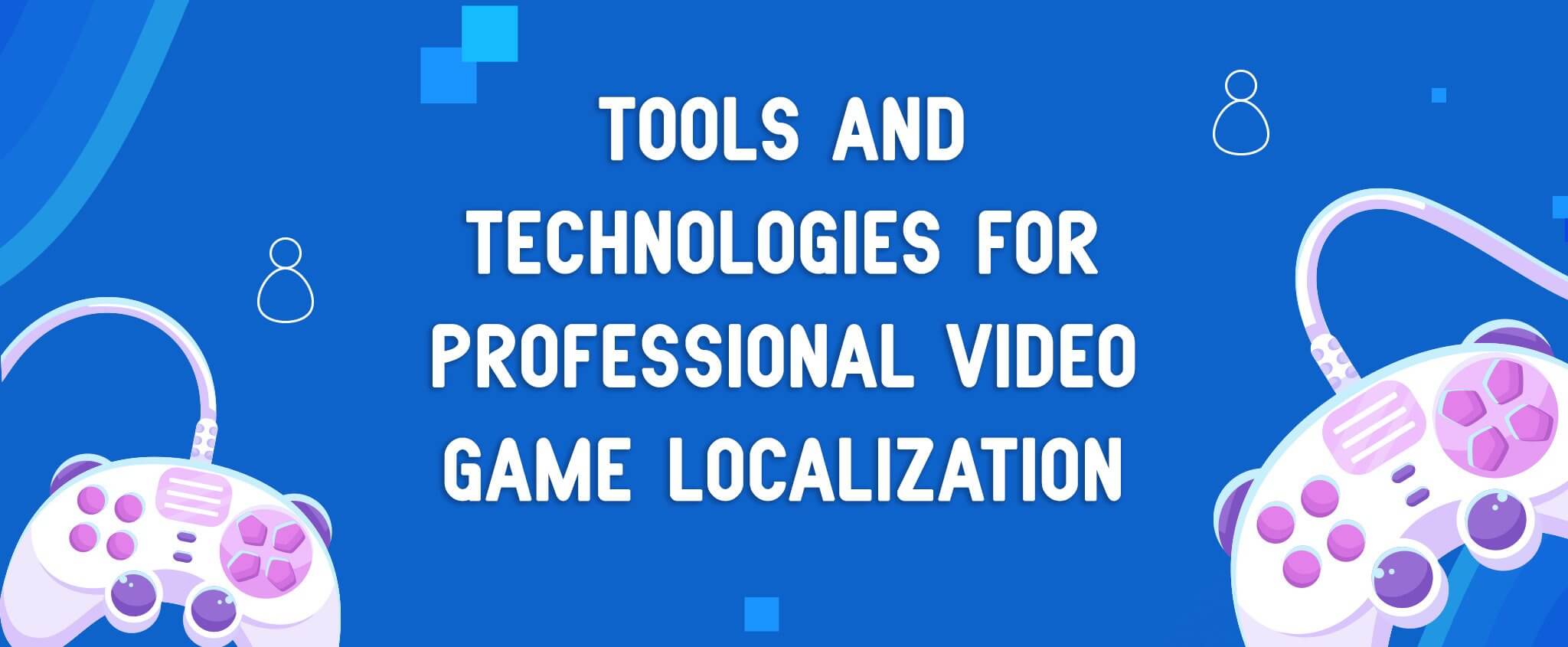Video Game Market in Japan: Japanese Game Localization
Video Games will always be intrinsically identified with Japan for many people around the world. Sony and Nintendo, both Japanese game localization companies, have sold over 1 billion game systems globally. Japan’s video game industry was valued at $19.2 billion in 2018, and the country is still a major exporter of video games to Europe and North America, thanks in part to specialized localization teams.
Outside of Japan, Japanese game localization businesses rarely hire since the procedure of obtaining a visa (CoE – certificate of eligibility) is unfamiliar to many Japanese HR departments. They’d rather hire folks who already live in Japan. If you want to enter into the industry this way, we would recommend working as an English teacher in Japan while improving your Japanese to N2, then applying for game localization jobs after you’re N2 certified. (This is essentially how I went about it.) New visa requirements have made switching from a tourist visa to a work visa much more difficult, so if you don’t want to teach English and your Japanese is already excellent enough for in-house jobs, we wouldn’t recommend it. It’s still preferable to start with a different employment on your initial visa and then swap after you’ve arrived.
This is a list of Tokyo-based companies with in-house Japanese game localization teams in Japan (not an exhaustive list):
- Voltage Inc. (where I got my first in-house localization job)
- Cybird Co. Ltd.
- KLab Inc. (KLabGames)
- Cygames
- Square Enix
- Okko
- Gumi Inc.
- Colopl
- Arithmetic
Even Japan’s government has embraced what has been dubbed “Gross National Cool” by some. To mark the transfer to the Tokyo 2020 Olympics, Japanese Prime Minister Shinzo Abe appeared atop a cartoonish green pipe dressed in bright blue and red overalls at the end of the Rio 2016 Olympics. The Prime Minister was given the nickname Super Abe after paying respect to Nintendo’s Mario franchise.
Since the introduction of mass-market home-console gaming in the 1980s with the NES, video games have been an important element of Japan’s cultural exports to the rest of the globe (Nintendo Entertainment System, or Famicom in Japan). Looking back on the history of Japanese video games and gaming consoles, we can see how important it is to collaborate with experienced translators to localize products, as well as the marketing and branding that goes with them.
Video Game Market in Japan
Video game market in Japan had it’s firms in the 1980s where they were far smaller than they are today, they didn’t devote nearly as much time to localization, and they frequently burdened video game programmers with doing the translations themselves. As a result, English to Japanese video game translation in Japanese-developed games from this time period were likely not double-checked by native English speakers.
Following the United States and China, Japan has the world’s third largest video game market. Japanese gamers, on the other hand, spend the highest money per user, at around $371 each year. These stats, combined with the country’s robust mobile gaming sector, make Japan an appealing target market for video game developers. Localization of video games is the most effective technique to attract Japanese gamers.
In 2019, the Japanese console video game industry’s sales totaled 333 billion yen, down from over 351 billion yen the previous year. Software and hardware were sold on the console market.
We’ll go over some linguistic/cultural tips and localization best practices to remember while localizing a game for a Japanese game audience in this blog such as English to Japanese video game translation.
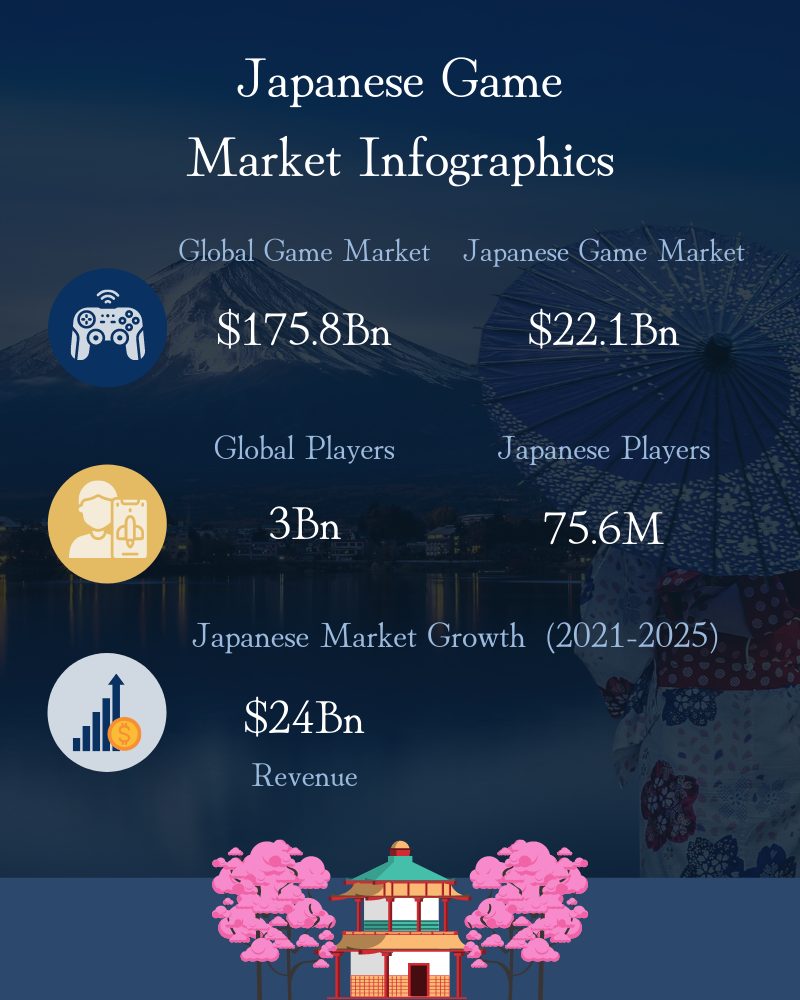
Localization Best Practices in Japan
A recommended best practice is to think about Japanese localization as early as feasible in the video game development process. This will assist you avoid the taboos and text window issues discussed in the last section. Furthermore, American game companies are also attempting to replicate a popular technique utilized by Japanese game localization companies when localizing a game into English: involving a representative of the original game throughout the entire Japanese game localization process.
The text in the game should be prepared with translation and localization in account, such as on the user interface or subtitles. For example, a list of all the game’s unique items should be created for the translation team, with all terminology and synonyms used to describe each item (e.g. gun = handgun, pistol) as well as what comparable terms relate to separate distinct items to minimize misunderstanding. Also, a note for the localization team about when to use a specific synonym for an item when you localize your video game in Japan, if applicable, and the differences in meanings must be added.
Localized versions should also adhere to strict linguistic quality assurance (QA), especially for the Japanese game localization market, which places a premium on perfection and attention to detail. QA should be carried out by a team of native Japanese speakers based in Japan. Native speakers would be better equipped to spot linguistic discrepancies like a female character using the masculine personal pronoun “boku.”
When a character in a game communicates in slang or with a particular accent, it would be suitable to utilize a comparable local Japanese slang or accent when providing the Japanese voice-over for that character. For example, the Kansai dialect, spoken southwest of Tokyo, is a typical go-to substitution for characters with a regional accent in American English, such as a New York or a Southern accent.
Another excellent practice is to have the localization team play the video game from start to finish at the beginning of the process. This exercise familiarizes the team with the video game’s tone, the appearance of text, and any particular localization requirements. It’s crucial to get a thorough understanding of a project’s scope and tone earlier on, as this can have a big impact on the Japanese game localization strategy and success.
Localize Your Game into Japanese with CCCI
With over 10 years of experience in the Japanese game industry with headquarters in Asia and Europe, CCC International (CCCI) is one of the fast-growing game localization companies in the world. Having worked with top Japanese game localization companies and game developers, we are more than ready and adept to assist you with your game translation, localization, and customer support. Talk to us today
Check also – Video Games for Christmas, Game industry in Italy: Italian Game Localization.
